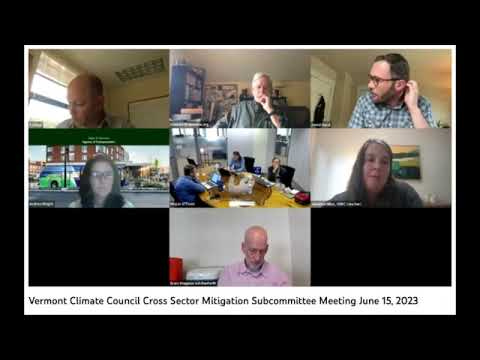Climate Council Eyes Transportation Carbon Tax on Top of S.5 Home Heating Tax
Even better, how ‘bout an “economy wide” carbon tax!
Fresh off the veto override and passage of S.5, the Clean Heat Standard bill that best estimates say will raise the price of home heating fuel by $0.70 to $4.00 per gallon, the Vermont Climate Council discussed ideas for doing something similar with transportation fuels – gasoline and diesel.
“To meet our statutorily required transportations emissions re…
Keep reading with a 7-day free trial
Subscribe to Behind the Lines: Rob Roper on Vermont Politics to keep reading this post and get 7 days of free access to the full post archives.



